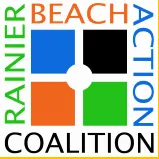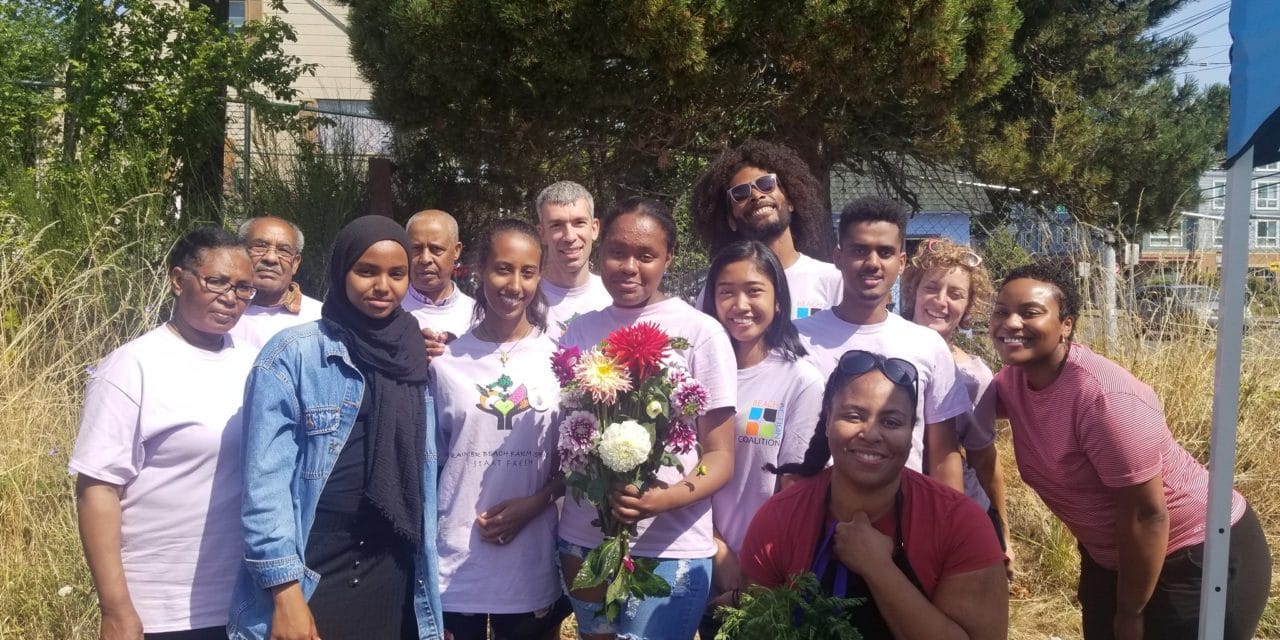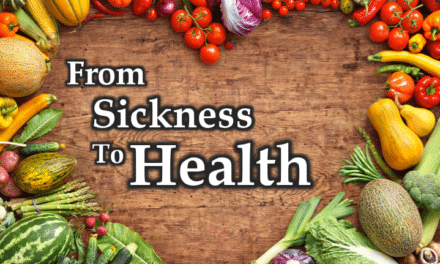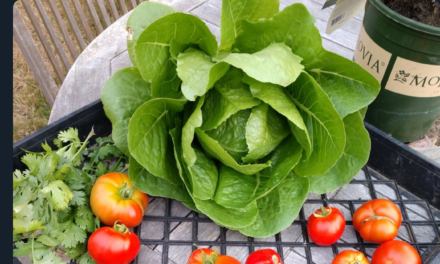On March 23rd, Governor Inslee published a 14-page document listing “Essential Critical Infrastructure Workers”. That list comprises a whole page of positions in the Food and Agriculture industry, including Farmers’ Markets.
Because Farmers Markets strive to offer entertainment and engaging public activities, music, performances, cooking demonstrations, they are often seen as events, but this is ignoring the fact that they serve a much more essential service: food access. More detail can be found in this Seattle Times story.
While it is true that the Rainier Beach Farm Stand offers a place for residents to get together and socialize, it fulfills a much-needed function, to make fresh, healthy, affordable and culturally relevant produce available to the community.
In 2019, the Farm Stand sold 3,000Lbs of fresh produce to over 660 customers, many of which acknowledge challenges to access fresh produce, let it be cost, dietary restrictions or transportation.
In the meantime, the City is distributing up to $800 in vouchers to families, albeit a mere 6,250, to redeem at Safeway stores, which is greatly needed for many, but is not going to support the small local farmers.
Although POC farms currently report an uptick in sales, most of them rely heavily on the network of Farmers Markets and Farm Stands to make a living. The Seattle ban is scheduled through April 13th, still shy of seasonal markets’ opening date, but considering the pandemic rising numbers, this is bound to be extended if we don’t urge Seattle Mayor Jenny Durkan to allow an exemption.
The Seattle Farmers Market Alliance has created a petition, which we encourage everyone to sign, highlighting the increased Health and Safety conditions proposed:
https://docs.google.com/forms/d/e/1FAIpQLScsemvp7p-Tn17IxYpsTjO8Nw-X2W_3iWn74IsMRr2p6d009w/viewform
This crisis is having a dire economic impact on people of color and low-income communities. While farmers, like anyone else, are looking at alternative strategies such as Community Supported Agriculture (CSA), if they can’t offer direct sales to the consumers this season, they may not operate next year either, causing adverse impact lasting well beyond COVID-19









